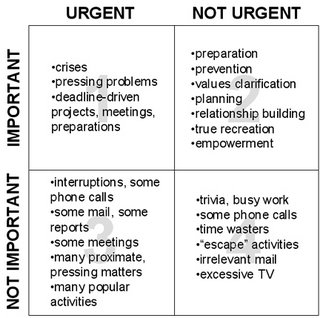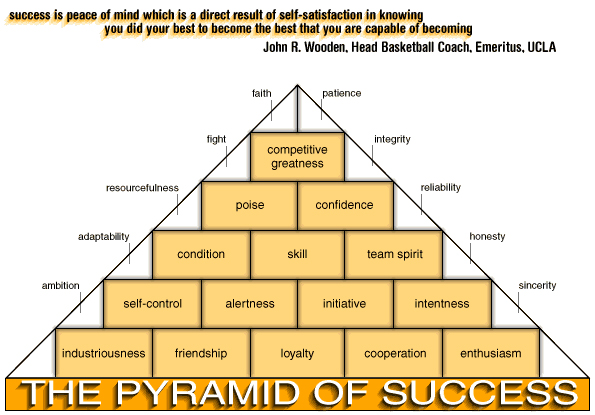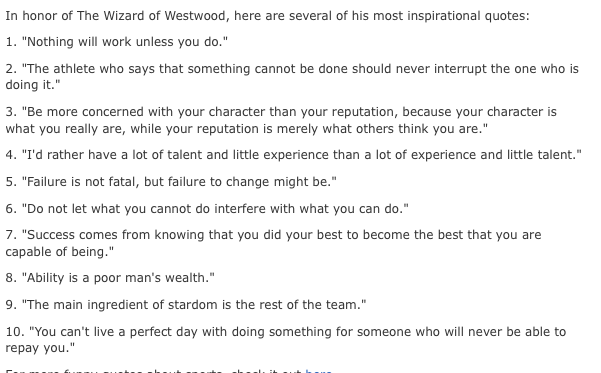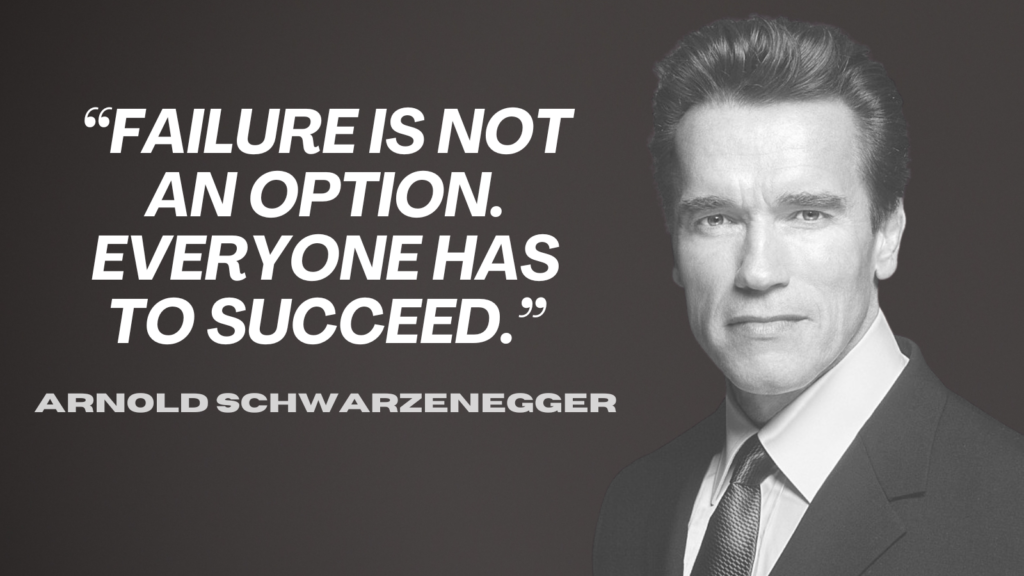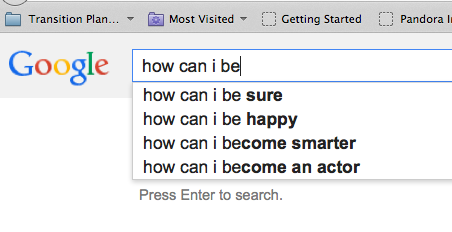
Words of wisdom all around
– Jack Johnson “Traffic in the Sky”
but no one ever seems to listen
They talk about their plans on the paper
Building up from the pavement
mm hm
there’re shadows from the scrapers on the pavement
mm hm
It’s enough to make me sigh
but that don’t seem like it would make it feel better
The words are all around
but the words are only sounds
and no one ever seems to listen
Do you have a definition of success?
I’ve taught hundreds of students for over five years. Every time I ask this simple question: “Who wants to be successful?” every single person raises his hand. At this point, I actually have inverted the question to simply be, “who does NOT want to be successful.” Just to verify that not a single person will raise their hand. Obviously, it is unanimous, EVERYONE WANTS TO BE SUCCESSFUL. This of course is where the “fun” begins…
Then, I ask them to define success.
Can you say deer in the headlights… pretty much a room full of blank stares. The students kind of squirm in their seats, perhaps a little concerned I might pin them down and actually ask them for their definition.
Wild isn’t it? Throughout the years, I’ve discovered that only about of my students actually have a working definition of success.
You may have noticed this too? Everyone wants to be successful, yet, how many have defined it?
There seems to be lots of people searching high and low for “answers”- for “shortcuts” to this elusive “success.” You’ve seen the headlines and the advertisements, no doubt:
“Be Outrageously Happy in Three Easy Steps”
“Seven Secrets to Riches”
“Be the Success You’ve Always Dreamed Of”
The crazy thing is . . . if you ask them what “success” truly is they – just like 97 percent of my students — would probably be at a loss for words.
Try it sometime. Ask someone to define “success” for you. You’ll probably be received with a blank stare. If not, you’ll get some vague definition that sounds something like:
“Success is waking up with a smile on my face.”
“Success is knowing that someone loves me.”
Now, this brings me to the question of the day: How in the world can YOU hit a target when YOU can’t see it . . . or worse yet, does not even exist?
Creating your personal definition of success
Welcome to Exercise #1. You guessed it! Time for you to write out your definition of success!
Think about it. It seems only logical that the first step to success is to at least to resolve in your mind what exactly success is. What it ought to look and feel like! You must first have a definition for it if you plan to attain it!
Ideally, your definition of success should be no longer than two or three sentences. In fact, the shorter the definition, the better. One time I asked a person to give me his personal definition of success. He gave me a description a mile long. “Success,” he said, “is when I’m happy, my dog is fed and when my girlfriend is happy and we have a lot of money and no financial worries.”
what!? – why not just add when the cat is sleeping and the baby isn’t crying!
I could probably fill several posts here on success theory alone. However, for now, what is most important is to identify an acceptable definition – one that has stood the test of time. Here, humbly submitted for your consideration is the one I teach in every class…
SUCCESS = CREATING YOUR IDEAL FUTURE.
Be sure to leave comments and share your thoughts. Really looking forward to some quality success definitions posted here. Let’s see it!
Cheers!
– Mitch W. Steel
You may also like:

